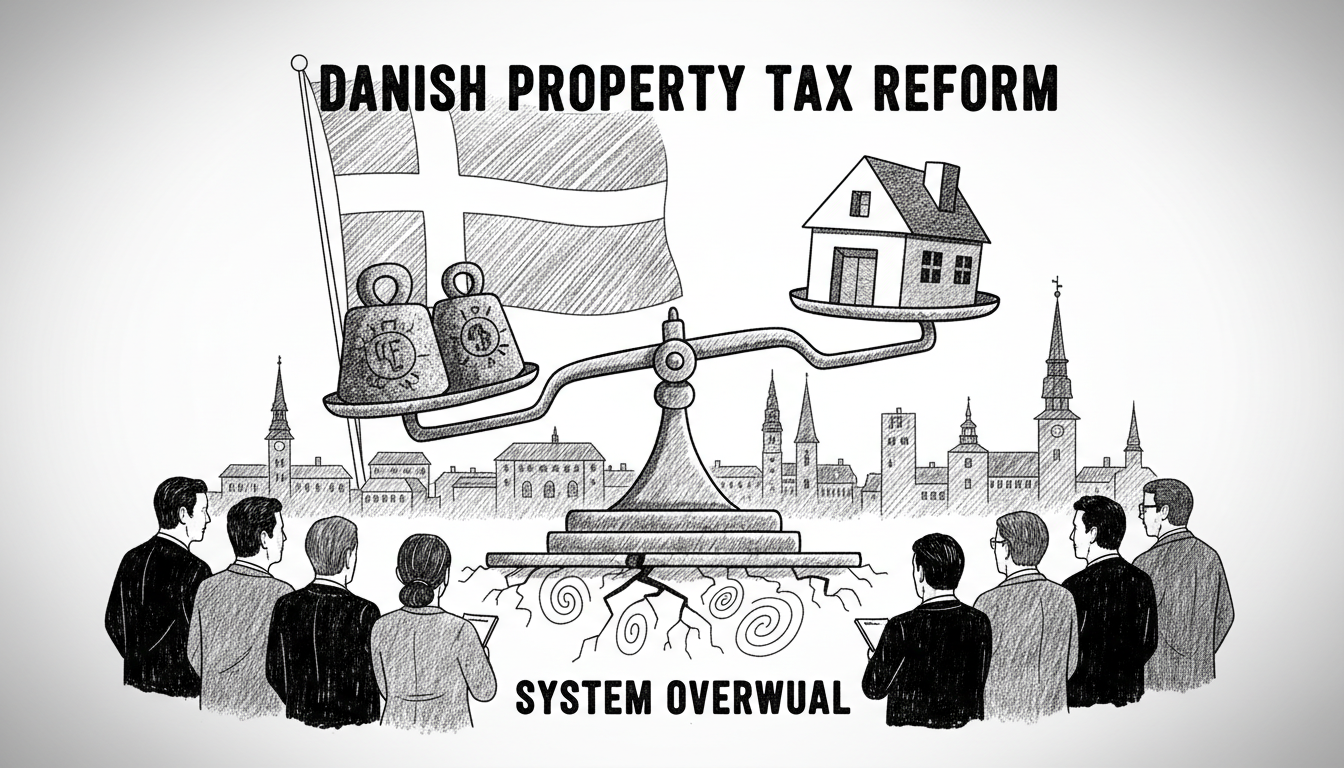Multiple parties in Denmark's parliament now support major changes to the flawed property valuation system. Two parties want to completely discard the current framework. This represents a significant political shift on a contentious issue affecting homeowners nationwide.
The property valuation system determines tax assessments for Danish properties. It has faced widespread criticism for inaccurate valuations and technical problems. Many homeowners received unexpectedly high tax bills based on disputed property assessments. The system's implementation has been troubled since its launch.
Denmark's coalition government faces pressure from both left and right on this issue. The Social Democrats initially defended the system but now acknowledge necessary changes. Opposition parties have capitalized on public frustration with the valuations.
Property taxes in Denmark fund essential municipal services like schools and infrastructure. Accurate valuations ensure fair distribution of tax burdens across communities. The current system's failures have created uncertainty for homeowners and municipal budget planners alike.
This situation mirrors previous Danish administrative controversies where complex systems faced public backlash. The property valuation issue combines technical complexity with direct financial impact on citizens. That combination often generates strong political reactions in Denmark's consensus-oriented political culture.
International readers should understand that Danish property ownership involves both municipal and national tax layers. The valuation system determines the base for calculating these obligations. Expat homeowners in Denmark have been particularly confused by the complex valuation methodology.
The political debate now focuses on whether to fix the existing system or start over completely. A complete overhaul would require substantial time and resources. Partial reforms might address immediate concerns but leave underlying problems unresolved.
What does this mean for Denmark's housing market? Uncertainty about future tax obligations could affect property values and transaction activity. Potential buyers might hesitate without clarity on future tax burdens. The resolution of this political debate will influence Denmark's real estate sector for years.
Danish political parties recognize the electoral significance of property tax issues. Homeownership remains a central aspect of Danish wealth building and financial security. The government's handling of this controversy could influence broader political support.
The property valuation system controversy shows how technical administrative systems can become major political flashpoints. When citizens feel systems treat them unfairly, even complex bureaucratic matters quickly escalate into national debates. Denmark's multiparty system ensures such controversies receive thorough parliamentary examination.

